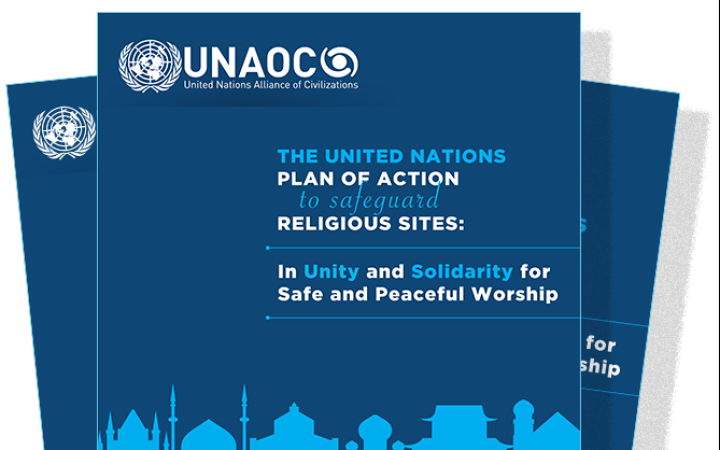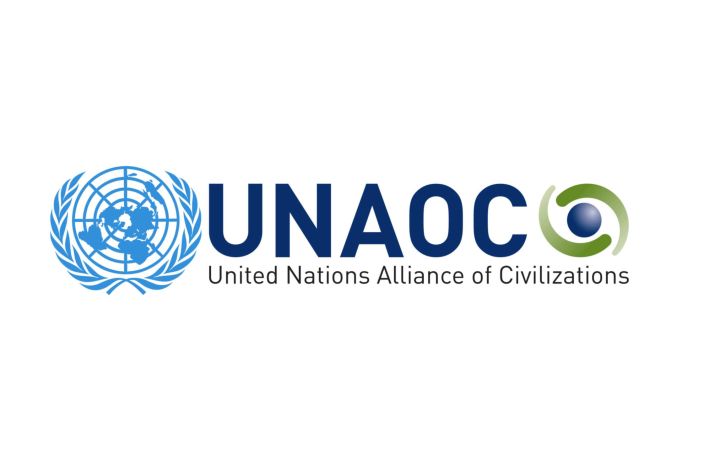The United Nations Plan of Action to safeguard religious sites is a framework for action containing concrete recommendations for all relevant stakeholders to better prepare, prevent and respond to attacks against religious sites.
One of the main recommendations of the Plan is the development of a mapping of religious sites around the world, which will capture the universality of religious sites and contribute to fostering respect and understanding of their significance for individuals and communities in every continent.
The United Nations Alliance of Civilizations (UNAOC), which the UN Secretary-General entrusted with the elaboration of the Plan of Action and is the lead in its implementation, and the United Nations Satellite Centre (UNOSAT) are working together on the mapping of religious sites, initially in several pilot countries around the world. Argentina and Burkina Faso are the first countries to join this initiative and engage in the mapping effort.
Why mapping religious sites is important?
Mapping religious sites will allow a better understanding of the religious landscape of the participating countries.
Maps connect you to the matter at hand. They are functional tools to compile, display and share information, and support spatial thinking and planning. The geographically referenced information displayed provide context as they are visualized at a large scale. This mapping effort is made possible thanks to the engagement of relevant networks of government and religious organizations in-country and builds on existing information.
PARTNER
The United Nations Alliance of Civilizations (UNAOC) was established in 2005, as a political initiative of the UN Secretary-General for conflict prevention and resolution. In January 2019, H.E. Mr. Miguel Ángel Moratinos, assumed the position of High Representative for UNAOC. UNAOC aims at bridging divides and overcoming prejudice, misconceptions and polarization through its projects and initiatives on its five pillars: Education, Youth, Migration, Media, and the Role of Women as Peacemakers in situations with a sociocultural and interreligious dimension. UNAOC benefits from the political support of its Group of Friends which currently includes 156 Members of which are 127 UN Member States, 1 non-member state, and 28 international organizations. The Group of Friends provides input, advice and support to UNAOC’s activities. UNAOC leads in the implementation of the UN Plan Action to Safeguard Religious Sites that UNAOC elaborated at the request of the UN Secretary-General in 2019. The Plan of Action is a framework for action containing a number of recommendations for all relevant stakeholders to better prevent, prepare and respond to attacks against religious sites.
#forSafeWorship
UNAOC launched a global Call to Action #forSafeWorship to support the UN Plan of Action to Safeguard Religious Sites, inviting people around the world to submit multimedia stories about their personal, emotional connections to religious sites. This communications campaign is meant to engage the global youth and faith communities in celebrating the universality of religious sites as symbols of our shared humanity, history, and traditions. To date, UNAOC has received and featured multimedia stories from Afghanistan, Bahrain, Brazil, Canada, Egypt, France, India, Indonesia, Iraq, Nepal, Portugal, Spain, the United Kingdom, the United States, and more! In addition, the campaign has reached 320,000+ people on social media. To find out more, visit forsafeworship.org to consult the communication toolkits available and submit your multimedia story about your special sacred place! Make sure to also follow the campaign on Facebook, Instagram, and Twitter (@forSafeWorship) and to use the hashtag #forSafeWorship when posting your story!



